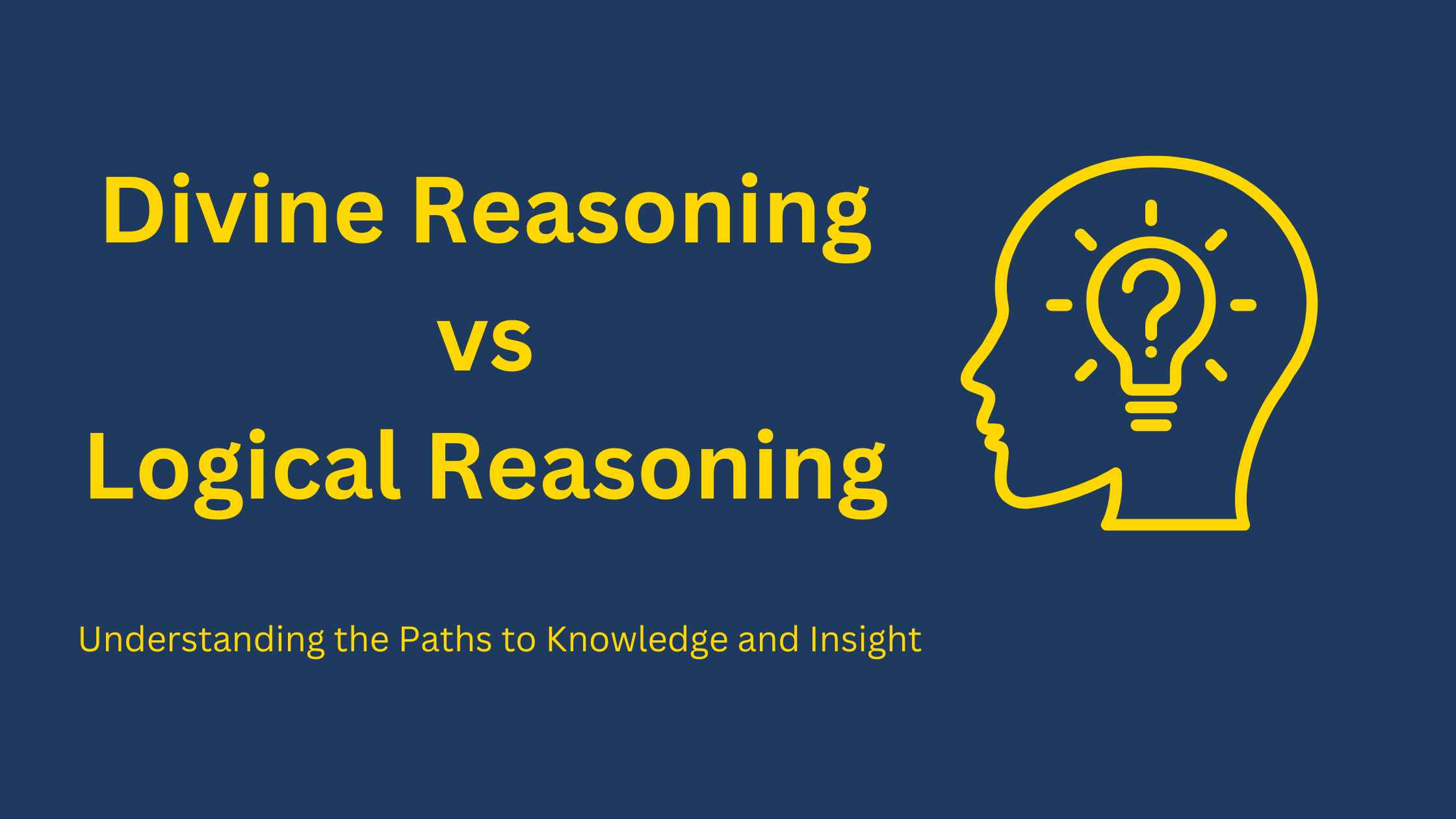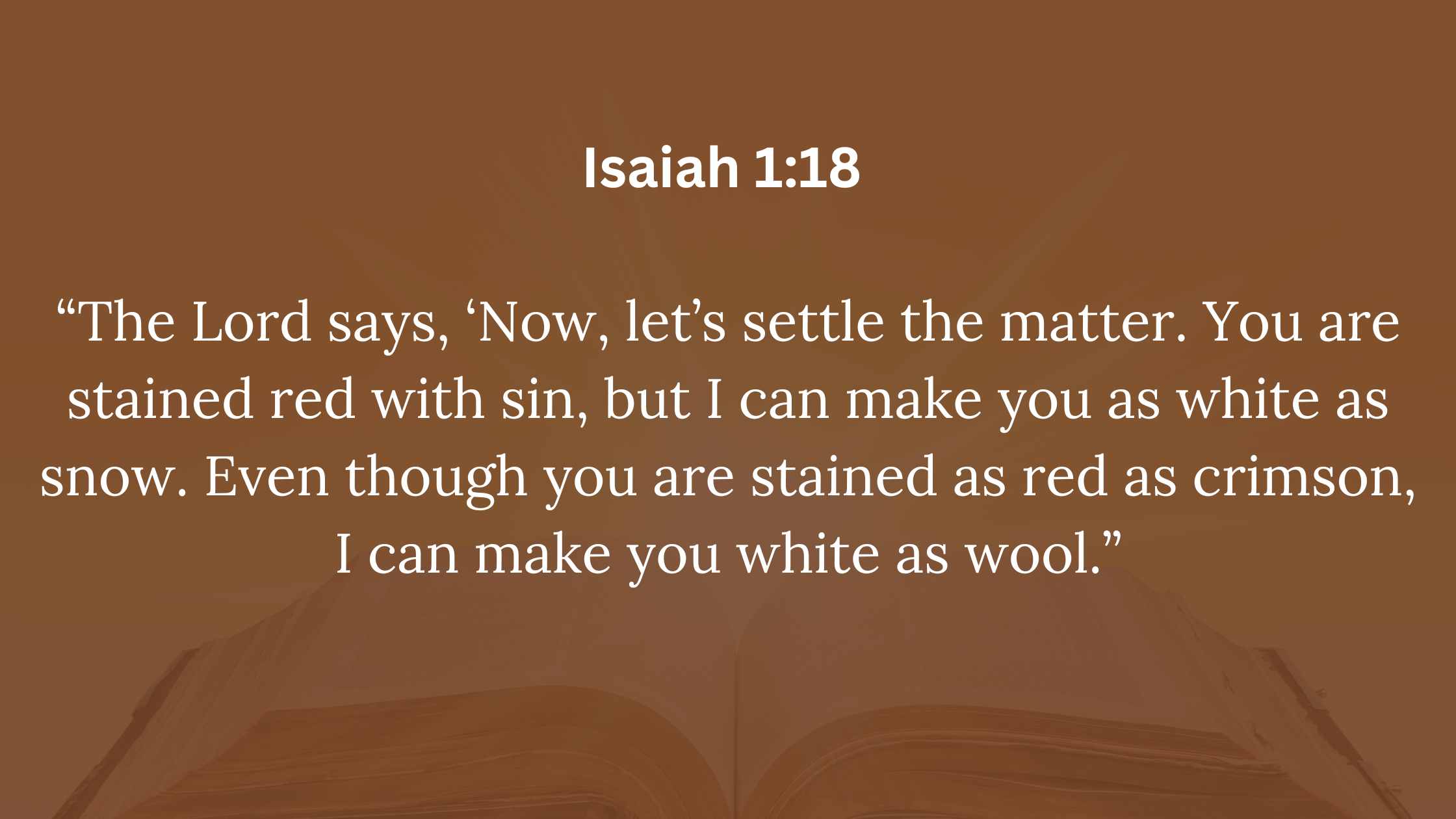Reasoning is the cognitive process of analyzing information, evaluating situations, and making decisions based on facts, available evidence, or beliefs. It is how we solve problems and understand the world. Reasoning involves connecting ideas and information to form logical conclusions or reach a deeper understanding. Although reasoning generally involves rational thought, it can take many forms, including logic-based processes or spiritual insight.
Two distinct forms of reasoning often come into play in life’s challenges and decisions: logical and divine. Logical reasoning relies on systematic thought and facts, while divine reasoning appeals to a pearl of higher, spiritual wisdom. Each method provides unique insights, and together, they can help people navigate the complexities of life with a balanced perspective.
Logical Reasoning: The Path of Structured Thought
Logical reasoning is the method of using logic to evaluate ideas, analyze problems, and make decisions. Logical reasoning relies on consistent principles to ensure that conclusions follow from premises, making it a powerful tool for rational thought. There are several types of logical reasoning:
Deductive Reasoning: This form of reasoning starts with general premises and applies them to specific situations to reach a logical conclusion. For example, if we know that “all mammals need oxygen to survive” and that “dolphins are mammals,” we can conclude that “dolphins need oxygen to survive.” Deductive reasoning guarantees the truth of the conclusion if the premises are true.
Inductive Reasoning: Induction involves observing specific instances and forming general conclusions. If every sunrise observed has occurred in the east, one might conclude that the sun will rise in the east tomorrow. Inductive reasoning is useful for predicting future events or patterns, though it doesn’t offer absolute certainty.
Abductive Reasoning: Often used in problem-solving and diagnostics, abduction suggests the most likely explanation based on observations. For instance, if a person has symptoms of a cold, it’s reasonable to conclude they likely have a cold rather than something more severe, though this isn’t certain.
Logical reasoning is foundational to many fields, including science, law, mathematics, and philosophy. It encourages objectivity, clarity, and precision, helping us make decisions based on clear, systematic thinking. However, logical reasoning may sometimes struggle with questions of morality, spirituality, or purpose, where divine reasoning might be more suitable.
Divine Reasoning: The Path of Spiritual Insight
Divine reasoning is influenced by spiritual wisdom, often viewed as guidance from a higher power or inner moral compass. This form of reasoning isn’t based purely on empirical facts or logic but on faith, scripture, prayer, and an alignment with spiritual truths. Divine reasoning seeks a deeper understanding of life’s meaning and moral decisions and often applies in situations where logical analysis alone may feel inadequate.
Divine reasoning tends to involve the following aspects:
Spiritual Insight and Prayer: Those who rely on divine reasoning often turn to prayer or meditation for guidance. This practice allows stillness, reflection, and receptivity to insights beyond human logic. By asking for divine wisdom, individuals open themselves to perspectives that may reveal solutions or pathways not immediately obvious through logic.
Sacred Texts: Divine reasoning frequently draws on sacred texts or teachings, such as the Bible or other holy writings. These texts provide ethical principles, stories, and teachings that offer insight into questions of purpose, morality, and human nature.
Moral Intuition and Conscience: Divine reasoning often involves consulting one’s inner moral compass or conscience. This intuitive guide may reflect a person’s values or ethical beliefs, pointing them toward decisions that align with a sense of right and wrong, compassion, or integrity.
Sense of Peace and Confirmation: Divine reasoning often brings about a feeling of peace or “confirmation” when a person arrives at a decision aligned with spiritual truth. This assurance contrasts with the sense of doubt or unease that might accompany choices that do not align with divine wisdom.
In divine reasoning, the focus is on aligning decisions with a higher purpose or spiritual values. Unlike logical reasoning, which depends on facts and rules, divine reasoning embraces the mysterious and unseen, allowing for interpretations and decisions guided by faith.
Balancing Divine and Logical Reasoning
While logical and divine reasoning may appear as opposing approaches, they can complement each other. In some situations, combining these methods leads to a more holistic understanding, allowing individuals to make decisions that honor reason and faith.
Practical Decision-Making: Logical reasoning is often best suited for practical, everyday decisions where facts and evidence are paramount, such as financial planning or problem-solving. Divine rationale, however, can deepen these decisions by encouraging us to reflect on the broader impact of our choices and whether they align with our values.
Moral and Ethical Decisions: In situations involving ethics or morality, divine reasoning can offer a valuable perspective. For instance, when choosing how to approach difficult social or personal issues, divine reasoning may help someone consider what aligns best with their faith and spiritual beliefs. Logical reasoning provides practical insights into possible consequences.
Finding Purpose and Meaning: Logical reasoning can analyze the structure of a situation, but divine reasoning often steps in to answer questions of purpose. For example, in life transitions or personal challenges, logic may provide answers to “how” while divine reasoning helps with the “why.” Divine insight can give comfort and direction when logic alone does not satisfy the search for meaning.
Navigating Complex Emotions: Logic may be limited when dealing with emotions like grief, love, or forgiveness. Divine reasoning, with its emphasis on compassion, forgiveness, and higher purpose, can offer comfort and help individuals process these emotions in a way that fosters healing and growth.
Both divine and logical reasoning offer valuable pathways to understanding. By seeking wisdom, we gain insight; with insight, we find guidance. Logical reasoning relies on evidence, clarity, and structured thought, while divine reasoning draws upon spiritual insight and faith-based wisdom. Together, these approaches help us approach life’s questions and decisions in a balanced way—drawing upon facts and logic where appropriate, while also considering spiritual truths and higher values.




